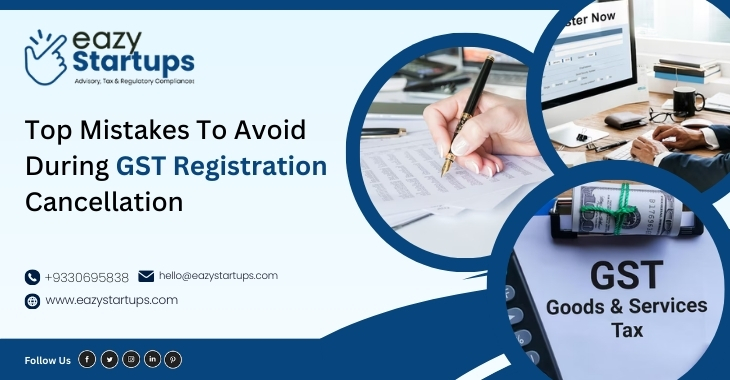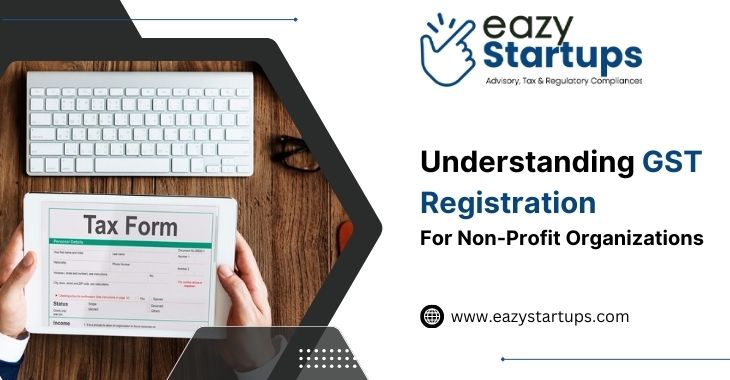When it comes to retirement planning, many people think about savings, investments, and how much money they’ll need. However, one critical step frequently ignored is filing your Income Tax Return (ITR). Filing taxes is more than just paying what you owe. It can also be a valuable tool in your retirement planning. Here’s how.
1. Track Your Income and Expenses
2. Claim Tax Benefits on Retirement Plans
3. Build a Strong Financial Record
4. Track Your Investments
5. Avoid Penalties and Extra Costs
6. Access Government Schemes for Retirement Savings
7. Evaluate Your Retirement Progress
1. Track Your Income and Expenses
Filing your ITR gives a full breakdown of your income and expenses. It helps you understand your cash flow and allows you to develop a realistic budget. Knowing how much you make and spend allows you to determine how much you can save for
retirement and how much you should set aside each month to reach your objectives.
2. Claim Tax Benefits on Retirement Plans
Contributions to retirement savings in India, such as the Employees’ Provident Fund (EPF), Public Provident Fund (PPF), and National Pension Scheme (NPS), are tax-deductible under Section 80C. Filing your ITR ensures that these deductions are applied accurately. It lowers your tax liability, giving you more money toward your retirement savings.
3. Build a Strong Financial Record
Consistently filing your tax returns establishes a strong financial history. It is critical when asking for loans or potential financial assistance. Lenders and financial organizations review your tax return history to determine your credibility. A continuous ITR filing demonstrates that you are financially responsible and competent in managing finances, which is useful for retirement planning.
4. Track Your Investments
When you file your Income Tax Return, you disclose your investments and the income they generate, whether it’s interest from savings, dividends from equities, or mutual fund returns. It allows you to monitor your investments’ performance and whether they are
increasing sufficiently to fund your retirement plans. It also allows you to determine whether your present plan is consistent with your retirement goals.
5. Avoid Penalties and Extra Costs
Filing your ITR on time allows you to avoid penalty and interest charges. If you miss the deadline, the government may charge a late fee, which could deplete funds you could otherwise save for retirement. Submitting on time ensures that your tax-related chores are completed without incurring additional financial hardship.
6. Access Government Schemes for Retirement Savings
Certain government-sponsored schemes, such as the National Pension Scheme (NPS), require you to file an ITR to be eligible. These plans offer tax breaks and an organized way to invest for retirement. Filing your taxes regularly ensures that you can fully benefit from such schemes, which can greatly boost your retirement funds.
7. Evaluate Your Retirement Progress
Filing taxes regularly allows you to track your progress toward retirement. You can check your previous ITRs to see how well your savings and investments perform. Do you save enough? Are your investments delivering the expected returns? This review process allows you to make changes to ensure you’re on the correct track toward a secure retirement.
Conclusion
Filing your ITR is more than just a tax obligation; it’s an important step in retirement planning. You can ensure a more secure financial future by tracking your income, investing intelligently, and taking advantage of tax breaks. Make filing your ITR a regular practice and utilize it to help you plan, save, and invest successfully for retirement.
If you need professional guidance to avoid making mistakes while filing your Income Tax Return India, reach out to Eazy Startups today. Our skilled team of professionals will walk you through the procedure, assisting you in avoiding errors and maximizing the available deductions. You can trust us to ensure accurate and seamless tax filing. Get in touch with us right now!










Recent Comments